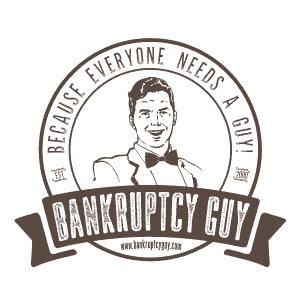
If one spouse files bankruptcy without the other spouse only the filing spouses debts are discharged. If the debts are held jointly, the non-filing spouse will still owe on the debt even after one spouse has filed bankruptcy. The bankruptcy filing will appear on the filing spouses credit report, but should not appear on the non-filing spouses. If a non-filing spouse receives an adverse rating on their credit score as a result of their spouse’s bankruptcy, the matter should be addressed immediately with the credit reporting agencies. A non-filing spouse should not have their credit damaged as a result of their spouse filing for bankruptcy. There are many exemptions especially in Utah that a filing spouse can take advantage of to protect assets that are jointly help by a non-filing spouse.
Beyond just debt, another issue for married couples to consider when evaluating bankruptcy is how assets are held. If one spouse owns property in her name only and doesn’t file bankruptcy, it won’t become part of the bankruptcy estate. This may be an important factor depending on the value of the asset, because Chapter 7 bankruptcy is technically a liquidation. All the property you own that exceeds the value of your state’s exemption laws is subject to sale by the bankruptcy trustee. However, the trustee only has jurisdiction over the property of the party that files. This issue can get tricky very quickly so speaking with an experienced bankruptcy lawyer is necessary to avoid a costly mistake.
Whether you file jointly or separately, Chapter 7 or Chapter 13 one of the biggest immediate benefits you’ll notice of bankruptcy is the “automatic stay”. That means creditors stop calling, foreclosure is no longer imminent, and any wage garnishment must end as to the filing spouse. But in many instances where the non-filing spouse is a joint debtor on a debt the “co-debtor stay” will take effect and provide some relief for the non-filing spouse.